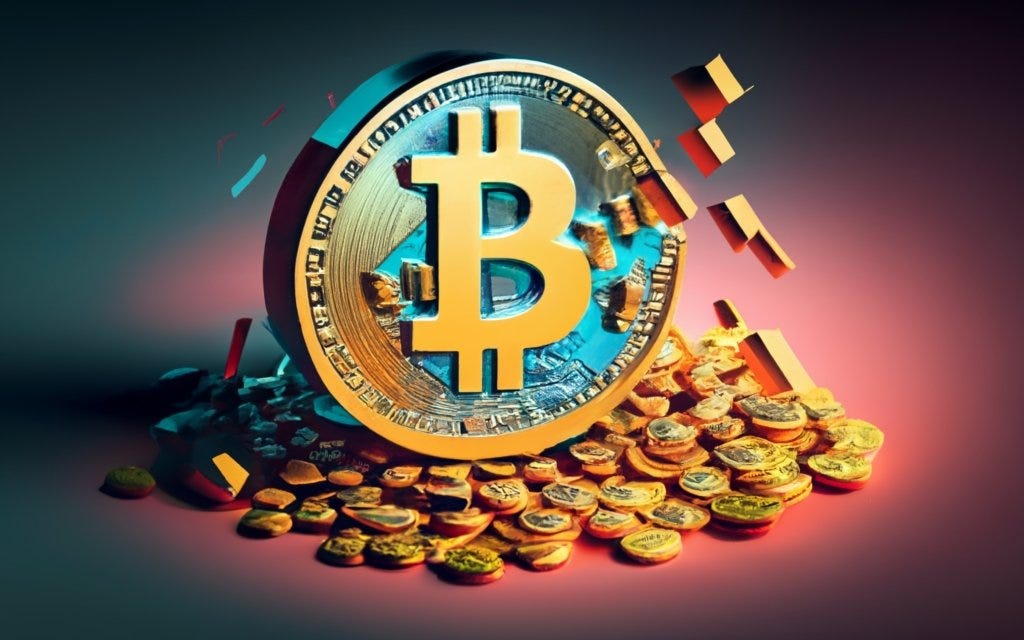In the realm of cryptocurrency and blockchain technology, smart contracts have emerged as a powerful tool for automating and executing agreements without the need for intermediaries. Smart contracts are self-executing contracts with the terms of the agreement between buyer and seller directly written into lines of code. These contracts run on the blockchain, ensuring transparency, security, and efficiency. In the context of token development, smart contracts play a crucial role in creating and managing tokens, facilitating transactions, and enforcing rules within decentralized applications (dApps).
1. Smart Contracts and Token Creation: Smart contracts are integral to the creation of tokens, as they define the rules and logic governing token issuance, distribution, and management. In token development, smart contracts are used to create different types of tokens, such as utility tokens, security tokens, and governance tokens. Developers can specify parameters such as total supply, token distribution, and token transfer rules within the smart contract code, ensuring that the token operates as intended.
2. Token Sales and Crowdfunding: Smart contracts are commonly used in token sales and crowdfunding events, known as Initial Coin Offerings (ICOs) or Security Token Offerings (STOs). These contracts automate the distribution of tokens to investors, manage contributions, and enforce regulatory compliance. Smart contracts can also include features such as token vesting schedules and refund mechanisms, providing additional security and flexibility to participants.
3. Decentralized Exchanges (DEXs): Smart contracts play a pivotal role in decentralized exchanges (DEXs), which allow users to trade tokens directly with one another without the need for a central authority. Smart contracts act as the escrow agent, holding the tokens until the conditions of the trade are met. This eliminates the need for a trusted third party and ensures that trades are executed securely and transparently.
4. Token Standards and Interoperability: Smart contracts have led to the development of token standards, such as the Ethereum Request for Comment (ERC) standards, which define common rules and interfaces for tokens on the Ethereum blockchain. These standards ensure interoperability between different tokens and dApps, enabling seamless integration and interaction within the Ethereum ecosystem and beyond.
5. Automated Governance and Decision-Making: Smart contracts can be used to implement automated governance mechanisms within decentralized organizations (DAOs) and decentralized autonomous organizations (DAOs). These contracts enable stakeholders to vote on proposals, allocate funds, and make decisions collectively, without the need for a central authority. This enhances transparency, accountability, and efficiency in governance processes.
6. Token Compliance and Regulation: Smart contracts can help enforce regulatory compliance for tokens, especially in the case of security tokens. By embedding compliance rules into the smart contract code, issuers can ensure that tokens are only traded among authorized investors and comply with relevant securities laws. This reduces the risk of regulatory violations and enhances investor protection.
7. Security and Trustlessness: One of the key benefits of smart contracts in token development is their security and trustlessness. Smart contracts are deployed on the blockchain, which makes them immutable and resistant to tampering. This ensures that the terms and conditions of the contract are executed as intended, without the risk of fraud or interference by third parties.
Conclusion
Smart contracts are a fundamental component of token development, providing a secure, efficient, and transparent framework for creating and managing tokens. They enable a wide range of applications, from token sales and decentralized exchanges to automated governance and compliance. As blockchain technology continues to evolve, smart contracts are expected to play an increasingly important role in shaping the future of tokenization and decentralized finance.


No comments yet